Sympathy for the Devil
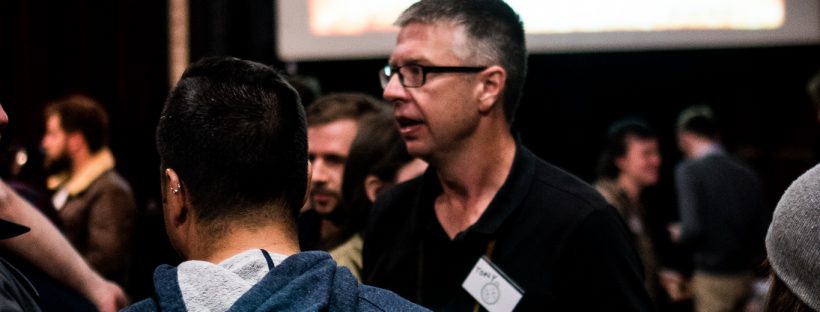
The following is an after-action report from Tony Martin who participated in the premiere launch of As the Fire Dies (27 April, 2019) as an Explorer.
Tony has been involved with the Sydney Megagamers since 2016 - in that time he has played in two of our events, helped facilitate one, and travelled with other members of the group to Melbourne, Brisbane and Wellington to participate in games run by other groups.
Thank you, Tony, for allowing us to share your insights on the game.
Football
I'm an American football fan (NFL). Stay with me here, I promise this relates to Megagames. There is a sadly recurring scandal in the world of NFL. College football coaches who abuse student athletes. Racial abuse, psychological abuse, physical abuse, pick your poison. College football is big business in the United States. Successful football coaches are highly prized, and so it's not unusual for a successful coach to get away with all sorts of bad behavior, as long as they keep winning.
Perhaps the saddest part of these scandals is the college administrators who remain blind to misdeeds of a winning coach. Those administrators are charged with protecting and nurturing the young men and women under their care. How could they let such a thing happen?
The usual excuse goes something like this: "We are busy people, with many responsibilities. We don't know anything about football. The coach seemed to be doing a good job. We put our trust in him."
It sounds reasonable right? But then, inevitably, more evidence comes to light. Emails ignored. Official complaints swept under the rug. Slowly it paints a picture, not of ignorance but of willful blindness.
These college administrators often start out with good, even noble, intentions. How did they get to this dark place where they ignored the abuse of students they had a duty to protect?
Today I'm about to find out.
Herding Cats
As the Fire Dies is a Megagame hosted by Sydney Megagames. If you don't know what a Megagame is, then you should read my previous Megagame diaries first. As the Fire Dies is set after an alternate-history WW2. Nuclear war has plummeted the world into nuclear winter. We are playing 2nd generation survivors in a hostile, frozen world. Think Mad Max, except with snow instead of desert.
This particular Megagame is an experiment in “pure democracy”. In the modern world, we live in a “representative democracy”. It's simply not practical for every person to vote on every government policy. So we elect politicians to represent our interests.
As the Fire Dies also has elected officials: The Curator and three Overseers. These leaders have some special powers not available to regular citizens. But importantly, these leaders do NOT have access to a Civil Service. If an elected leader, or anybody else in the colony, wants to construct a building, or prevent a catastrophe, they must convince other citizens in the colony to team up and contribute their manpower and resources to the project.
This makes As the Fire Dies even more chaotic than a regular Megagame. Getting anything done requires someone to gather political support for the idea, and then organize the logistics (people and resources) to gather in the same place at the same time to launch the project. It's like herding cats.
Bear in mind that this game has 72 players, split into 24 factions. Each with their own opinions on what is best for the Colony. The game is played in real-time, with no breaks, for 6+ hours. The Colony itself is in dire straits. We have barely enough food to feed everyone. We have barely enough fuel to prevent everyone from freezing to death. If anything goes wrong (spoiler: things go wrong) we need to fix it fast or people start dying.

The Explorers and The Militia
The faction (Creed) I belong to are called "The Explorers". I meet my team-mates for the first time on the morning of the game. We quickly fall into roles. My two team-mates head out on "Expeditions" into the wilderness, to scavenge for resources and lost technology. I stay in The Colony to represent our Creed. When I have a spare moment, I try to track down the last resource or manpower needed to complete a project. I see my role as "greasing the stubborn gears of bureaucracy". It's not glamourous work but it feels important, and it certainly keeps me busy.
A couple of hours into the game, an election is called. To my surprise, the new Curator appoints The Explorers as the new Overseer of Resilience. This comes as a surprise because I was content contributing to the Colony as best I could as a private citizen. I wasn't campaigning or allying in political arena. Maybe my team-mates are making an impression out on the expeditions? I've barely seen them all day.
As the only member of The Explorers who stays in the Colony, I'll be performing most of the duties of the Overseer of Resilience. So I meet up with the previous Overseer to be briefed on what the job entails, and the current state of affairs.
The Militia are the outgoing Overseers. A Militiaman works his way through the crowd towards me. As he walks, he negotiates with a crowd of petitioners hovering in a cloud around him. He looks harried and exhausted. Without breaking stride he gestures me up to the Overseers table and launches into a rapid debrief.
Our main job is to organize those Expeditions into the wilderness. We need to gather the resources (food, guns etc.) and manpower (citizens with appropriate outdoorsy skills) needed for an expedition. We also select the destination of each expedition on the map. He wraps up his hurried but comprehensive handover. I get the feeling that this Militiaman has been operating at 110% brain speed for the duration of his term in office. He seems almost relieved to see the end of it.
The last thing the Militiaman mentions as the briefing wraps up: "There's tension between the Soldiers and the Survivalists. The Survivalists are unhappy about it. You need to stay on top of that."
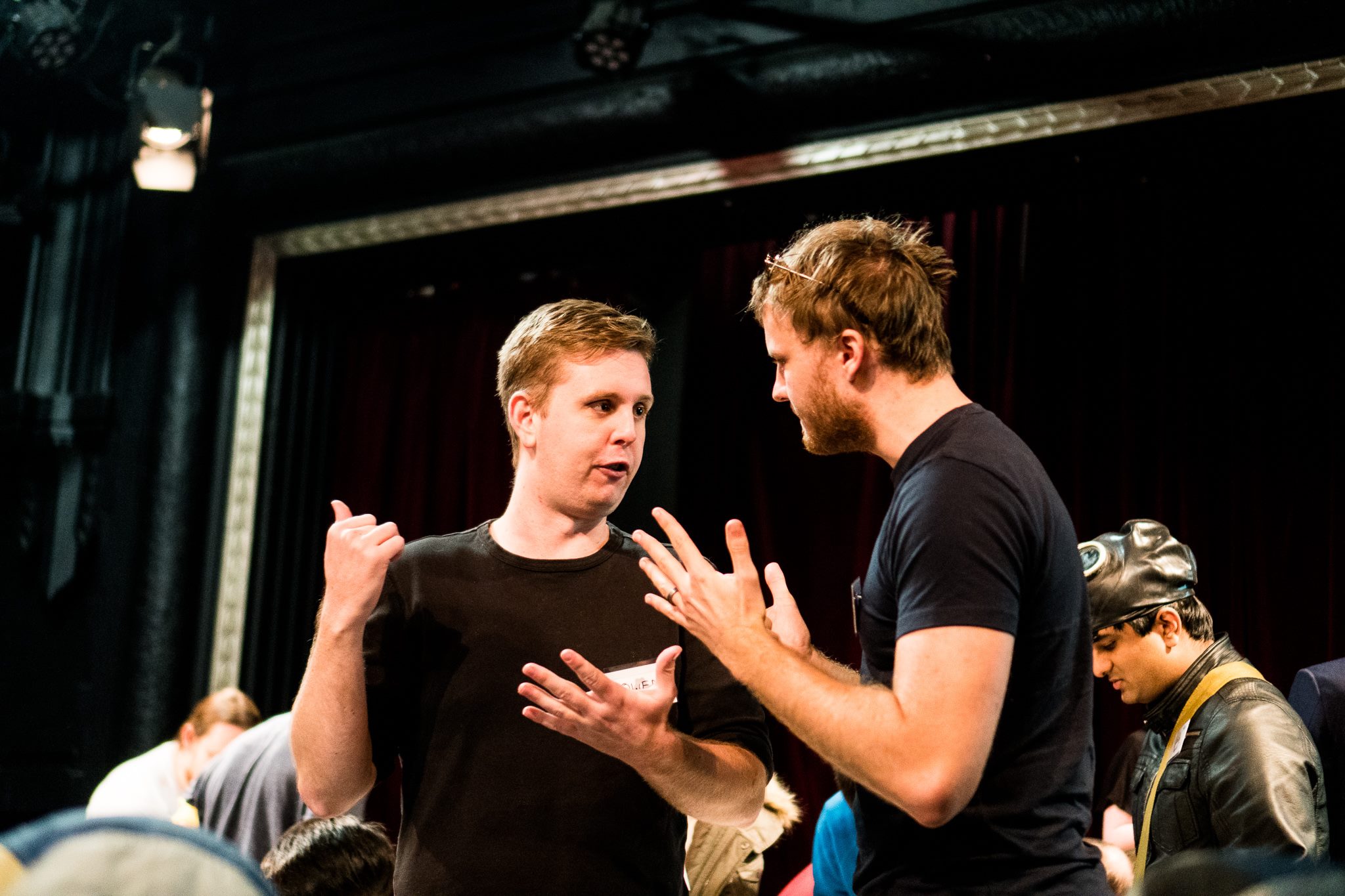
Overseer of Resilience
This game is played at the Giant Dwarf theatre in Sydney. As Overseer, I am now seated on the main stage. I'm literally looking down on my fellow citizens. A member of The Laborer’s Creed wants to talk to me. He approaches the edge of the stage and makes his petition looking up at me like I'm on a throne. From up here I have a unique perspective of the chaos below.
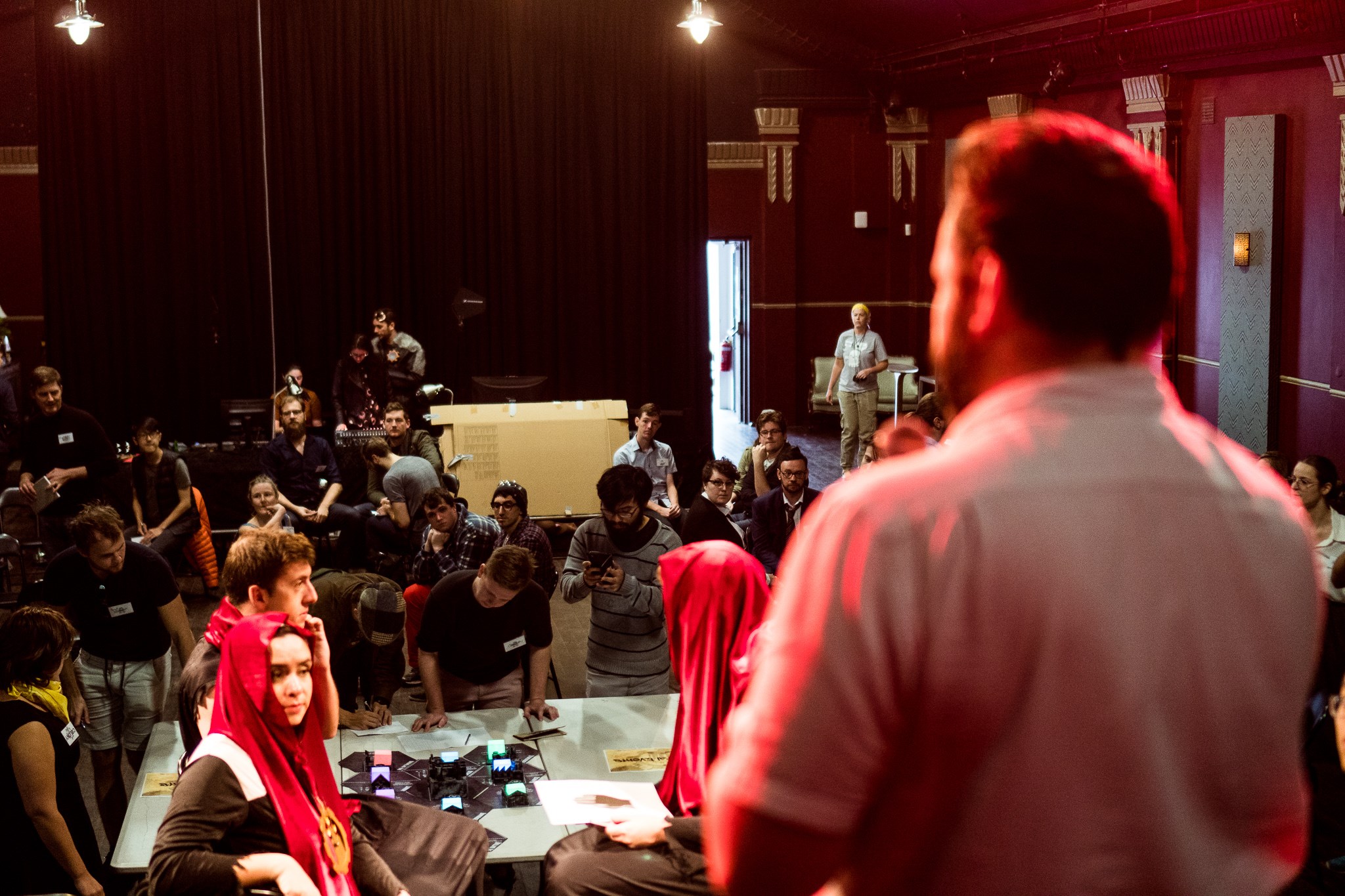
The game is moving fast. Dozens of citizens are milling around the floor of the theatre. Some have broken off into pockets of five of six to plan and negotiate. A large group crowds around the scale model of the Colony in the center of the room, pointing and gesturing. There is a constant din of 70+ people all talking at the same time, and raising their voices to be heard in a sea of noise.
A sea of noise that now feels like its directed AT me. The lives of these people are now in my hands. I have a duty to lead them through these turbulent and dangerous times. All these citizens must be fed. We need fuel to protect us from the icy winter. We need tools and materials to build and prosper. We need guns to protect ourselves from bandits and opportunists. We need, need, need.
In this chaotic storm of humanity, one man stands tall like a stone bastion. A Soldier. This game moves too fast for names, so let’s call him The Drill Sergeant.
The Drill Sergeant
I'd heard rumors that The Soldiers were treading on some toes. Or depending on who you asked, that The Soldiers were autocratic dictators. As the new Overseer of Resilience, I saw this particular Soldier as my greatest asset.
The core challenge of As the Fire Dies is that it's hard to get things moving. Manpower, required to achieve anything, is distributed evenly across the Creeds of the colony. The Creeds cannot be compelled to contribute their people to any one project. You need to convince them, one-by-one that your crisis is more important than a half-dozen other competing crises. Even when you convince one Creed, they might wander off as you gather more support. Then you have to track them down again. Like I said before, herding cats.
As Overseer of Resilience, the project that interests me most is the Expeditions. The Colony does not produce enough resources to be self-sustaining. And building some addition to the Colony or making desperately needed repairs requires even more resources on top of that. Expeditions into the wilderness need to make up the difference. Scrounging scrap from abandoned cities, machinery from derelict oil rigs, trading with other small pockets of survivors. For the Colony to survive and thrive, we need to overcome the bureaucratic inertia of the Colony and somehow launch multiple, recurring Expeditions.
In this battle against inertia, the Drill Sergeant is my not-so-secret weapon. The Drill Sergeant is a "break some eggs, make an omelette" kinda guy. And right now this Colony desperately needs omelettes. The Drill Sergeant is a grim realist. He is practical, efficient, and most important, he is loud.
First, I meet with the Curator and the other Overseers to get a report on what resources are most desperately required. Then I visit our (rapidly evolving) map of the land outside the Colony, and pick a location likely to hold those resources. Then I unleash The Drill Sergeant. He moves through the room, bellowing over the din of crowd. His tone and bearing communicate that the Expedition is about to leave, with-or-without you, so you better get onboard fast. While he rallies the troops, I procure food and weapons from government stocks to supply the Expedition for their journey.
A Mod (game moderator) approaches me. He is concerned that The Drill Sergeant is overstepping his authority. The Soldiers are not a democratically elected Creed. They do not have the authority to initiate an expedition or choose its destination. I reassure the Mod, The Drill Sergeant is operating under my authority, and headed for the destination I have chosen.
Everything is working as designed. The Drill Sergeant is doing a difficult job, and doing it well. Together we are churning out expeditions like clockwork. Those expeditions are bringing in a constant stream of badly needed resources to the Colony. We might just survive this nuclear winter.
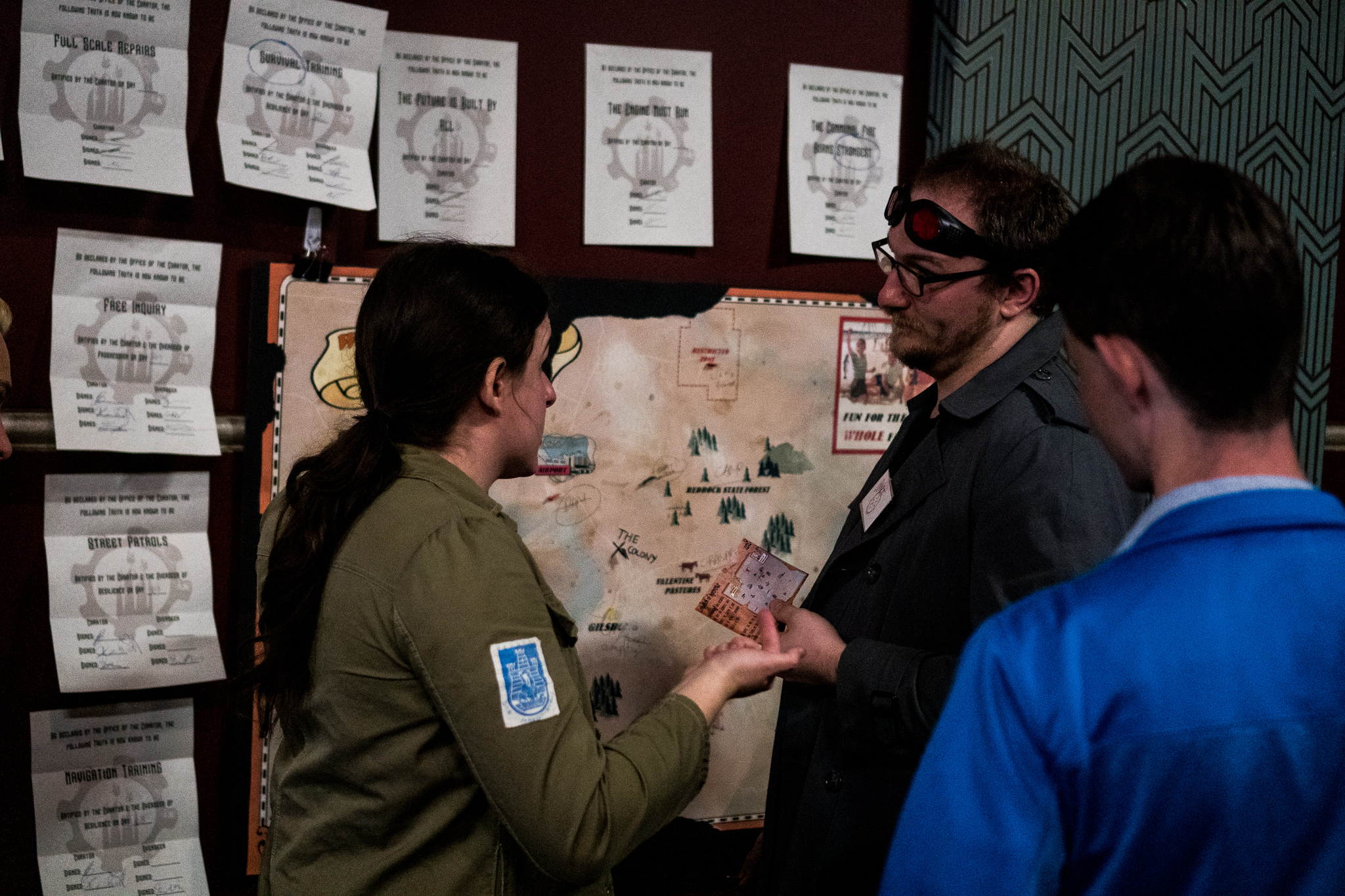
The Survivalists
The Survivalists are complaining. They claim the Drill Sergeant is cutting the Survivalists out of Expeditions. It's unfair, and the Survivalists are unable to utilize their Creeds unique talents to benefit the colony.
I question the Drill Sergeant. He tells me that the Survivalists are hoarding resources while everyone else is contributing to the Colony. He doesn’t believe they deserve a place in the Expeditions. It's a tough spot for me. Who do I believe?
Part of the problem is that the people making this complaint about the Drill Sergeant are not very sympathetic. The guy I think of as the "leader" of the Survivalists talks in dramatic, grandstanding, rabble-rousing clichés. And he has this weird religious culty vibe going. I can't have a straight conversation with him. Everything he says is a slogan. One minute he's soap-box ranting, the next moment he swings wildly to religious lovey-huggy dogma. Was I really going to kick my efficient and effective Drill Sergeant out of his position of authority just to appease this weird religious minority?
I know. I know. I can hear it. Now, in hindsight, as I commit my thoughts to paper, I can hear it. It makes me cringe. Just writing down that logic above chills me. Forget everything you know about me as a person. Read it again, out of context:
"Was I really going to kick my efficient and effective Drill Sergeant out of his position of authority just to appease this weird religious minority?"
Does that sound like one of the good guys? No, it does not. I sound like every rich old white guy protecting some terrible autocrat. Or worse. That whole "weird religious minority" bit makes me shudder.
That’s not who I am is it? I'm a lefty. A social justice warrior. A good guy. It's just... I was so busy, and stressed. I was carrying the weight of responsibility. The Drill Sergeant seemed to be doing a difficult job well. The leader of the Survivalists was a troublemaker and a pain in the arse.
And the Drill Sergeant was delivering results... The truth is clear to me in hindsight. I didn't want to think about how the sausage was made. I was willfully blind.
This is how it works:
- A privileged ruling class, out of touch with what’s going on on the ground. (I was literally on a stage looking down on everyone. I had never been on an expedition.)
- An efficient looking manager delivering impressive results.
- An unsympathetic victim makes a complaint.
That’s how it happens.
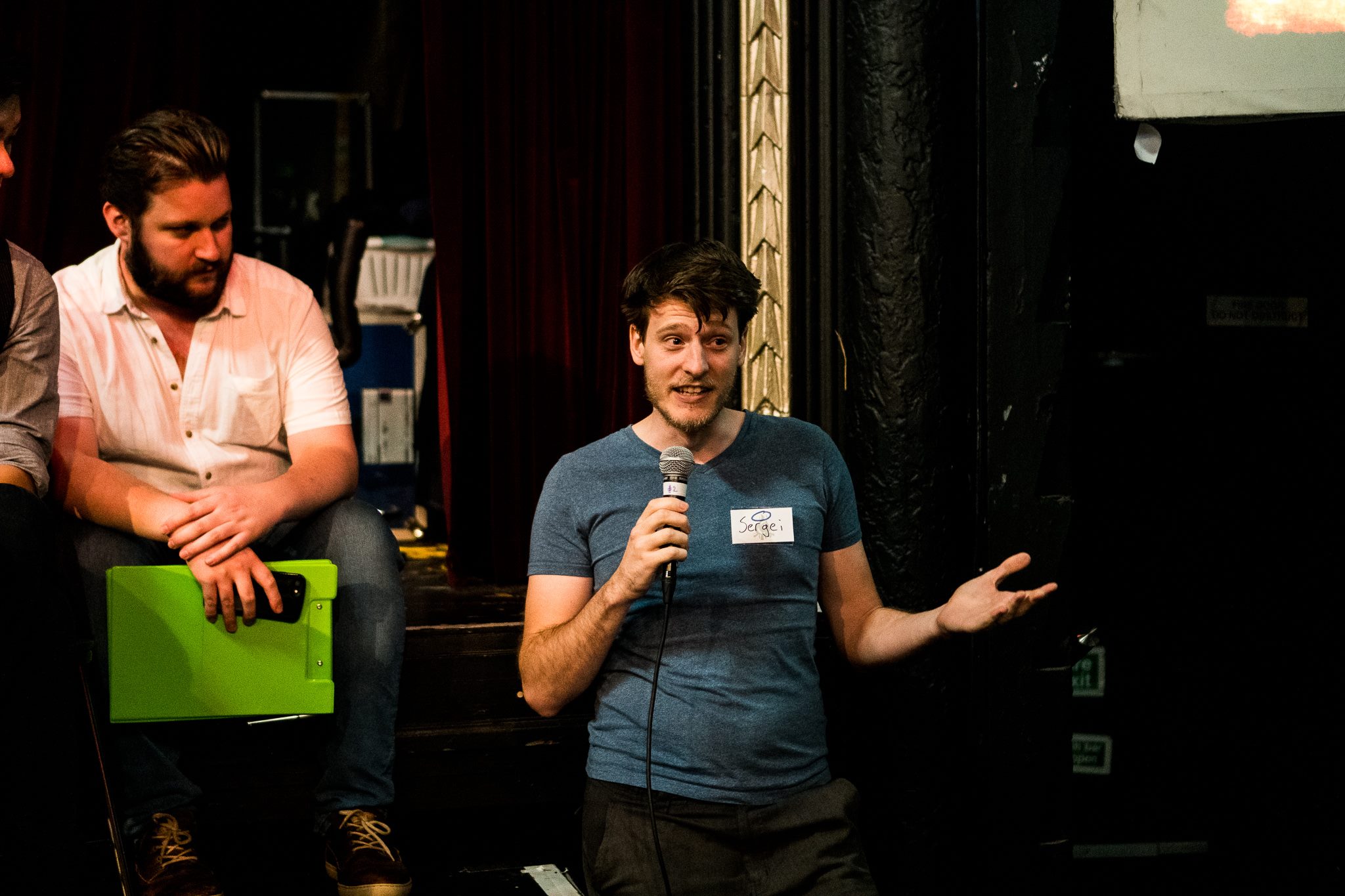
Measuring my Failures
There’s still so much I don't know about what really went on in the early stages of the game. The Drill Sergeant may have just been stepping on a few toes in his hurried enthusiasm. He wasn't recruiting child soldiers or hunting innocent civilians for sport on the icy tundra (as far as I know). The Soldiers and the Survivalists eventually made peace. They went on expeditions together. The Survivalists ended up having a successful game. But I don't think it gives me a free pass.
To recap, I'd been given three warnings about the Drill Sergeant. First by the previous Overseer of Resilience. Second by the Mods running the game. Third by the Survivalists themselves. None of it was red-handed proof of wrongdoing, but there was enough smoke there that I had the responsibility as a leader to investigate the ugly truth and take action. The fact that the Drill Sergeant didn't turn out to secretly be Hitler-Part-2 doesn't absolve me.
I knew As the Fire Dies was going to be a game about difficult moral decisions, and I wasn't shrinking away from that. Or so I thought. When the game demanded a difficult moral decision, I was willing to pick the best of two bad options and live with the consequences. But with the Drill Sergeant... I didn't want to ask questions that might lead to answers I didn't want to hear. There were so many problems competing for my attention. The Drill Sergeant wasn't one of my problems. He was a problem solver. The resources he was bringing to the Colony allowed us to fix so many problems.
None of this was clear to me during the game as it is now. In my everyday real life, my comfortable familiar life, I see more clearly. But in this crucible of stress and time pressure, I learned an uncomfortable truth about my limitations.
The Soldiers and the Survivalists both have their view on what happened. I didn’t know the truth, I still don’t know the truth. And if one or both parties was guilty of their accused crimes, I don't know what the best response would have been.
But my crime is this: I didn’t want to know the truth. I didn't want to make those hard decisions. I just wanted the problem to go away so that I could get on with my job and keep benefiting from my effective Drill Sergeant.
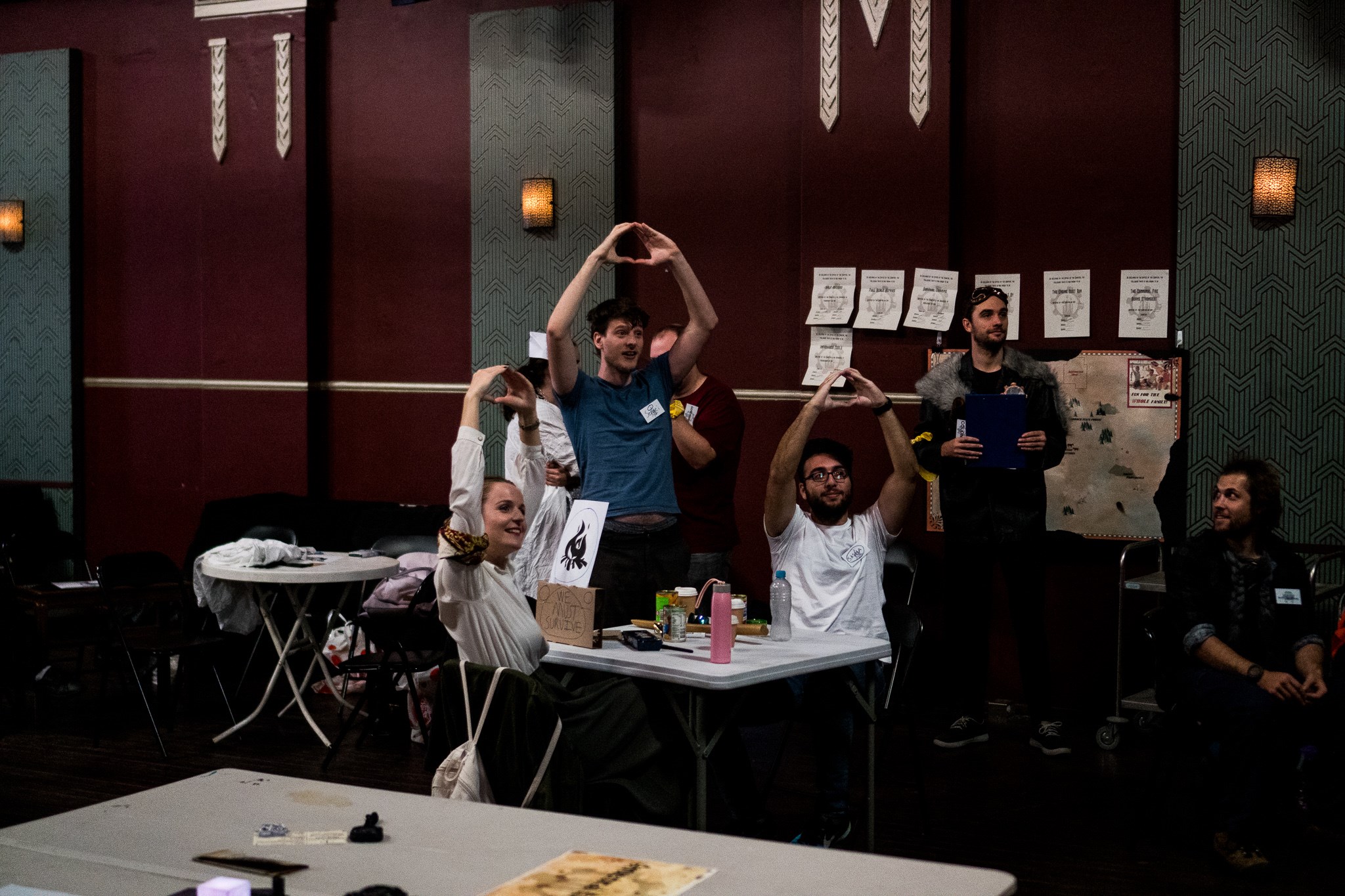
The Broadcasters
A new Curator is elected, and they appoint The Broadcasters to the Overseer role. The Broadcasters climb onto the stage and join me at the Overseer of Resilience table. I explain the job to them with a list of clear bullet points. I know what is important and exactly what they need to look out for. I hand over some paper notes where I have been keeping track of which locations have been explored, which need to be returned to, which should be avoided and why.
I feel like veteran. It's fun trying to compress hours of accumulated knowledge into a single concise briefing. This feels like my final, noble duty to the Colony as Overseer of Resilience. But when my briefing is concluded, what do I say about The Drill Sergeant?
I chicken out again. "Err, the Survivalists and the Soldiers are not getting on. You need to watch out for that". A coward to the end. I wash my hands of the problem, handing it to my successor with this pitiful understatement. I slink off the stage.
The (non) Apology
There’s one final dark coda to this story.
Soon after leaving the stage I find myself in conversation with one of the Survivalists. This Survivalist is more sympathetic than the leader. She speaks plainly and isn't so evangelical about their religion. The guilt surfaces. I find my myself trying to explain to her why I decided to keep The Drill Sergeant in power. But at this point in the day, I don't even know why I did it. My thinking is confused and self-deluded.
I am mumbling and weak. I can't look at her as I talk. I can't remember exactly what I said. The job of Overseer is hard. The Colony needs Expeditions. The Soldiers are so good at organizing Expeditions quickly. It's for the good of the whole Colony.
That’s all I have to say to her. That’s a pretty good apology, isn't it? Aren't I sympathetic? Remorseful? I've been doing a tough job, under stressful conditions. And all I get in return is criticism. When you think about it, aren't I the real victim?
This non-apology completes my full set of cliché crimes of the privileged. Having used my position of power to oppress the weak, now I was explaining to the oppressed why they needed to be oppressed. I was asking for forgiveness but not apologizing, or even conceding I'd done something wrong.
An appropriate response to my non-apology might have been "Get fucked you Nazi thug". And I might have deserved it. But of course, she didn’t say that. That is not the relationship between the oppressed and the powerful in this world, not even in a game.
Credits
Disclaimer: Some of my friends and family who will read this diary are not gamers. To be clear, the Soldiers were roleplaying an authoritative faction. The "religion" of the Survivalists was also roleplay. The conflict between the two factions, and the dilemma it presented to me, was the highlight of my day.
Special thanks to the character I refer to as "The Drill Sergeant". He features prominently in this diary, and I appreciate him giving me permission to publish this piece as is.
Thanks also to all the Moderators who helped prepare and run this wonderful game.
As the Fire Dies
Produced and Hosted by Sydney Megagames https://sydneymegagamers.com//
Lead Game Design Patrick Doyle
Design Justin Delaney and James Archer
Game Component Production James Archer, Patrick Doyle, Phillip Hardy, Mitch Dee, Matt Griffiths
Photography Brendan Curtain https://www.brendancurtain.com/
Game Diary
Tony Martin

3 Responses
Good report; readable and very interesting. Thanks. Has the experience changed your views in real life?
It hasn’t changed my opinions on right and wrong. But it has caused me to question my own ability to discern right from wrong. Especially when under stress or time pressure, or when the victim of my wrong is somebody I don’t like or have difficulty sympathizing with.
And like a lot of things as I get older, it gives me more sympathy for people who make bad choices.
Yeah, it’s easy to make the right call from a safe distance in a calm, measured, comfortable environment. Thank you.
Comments are closed.